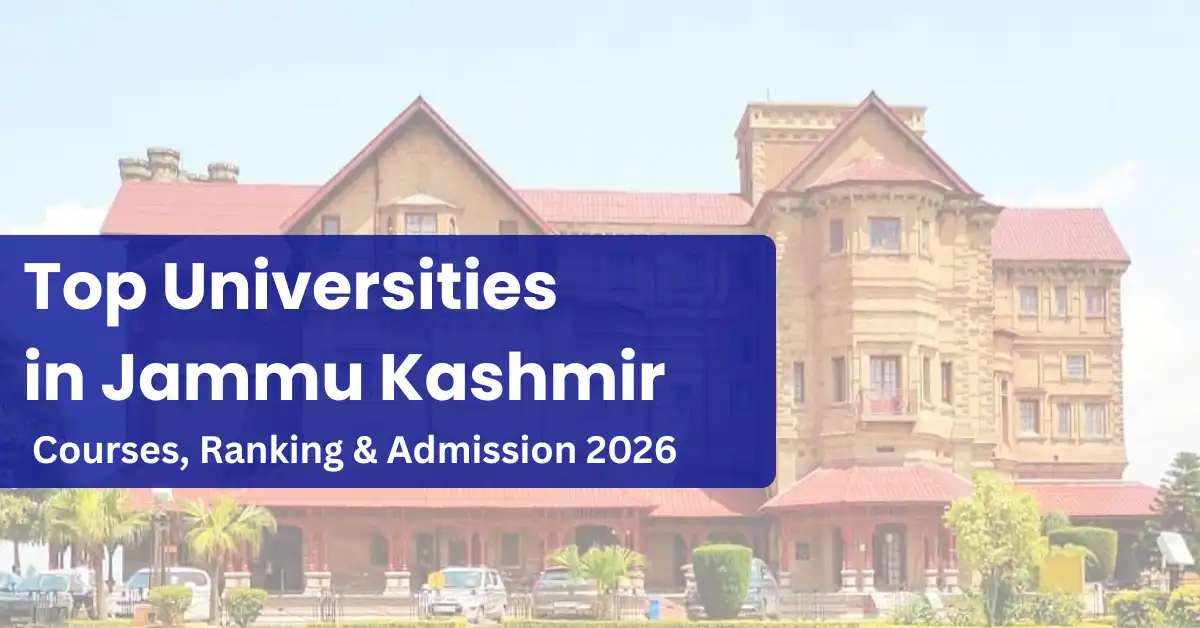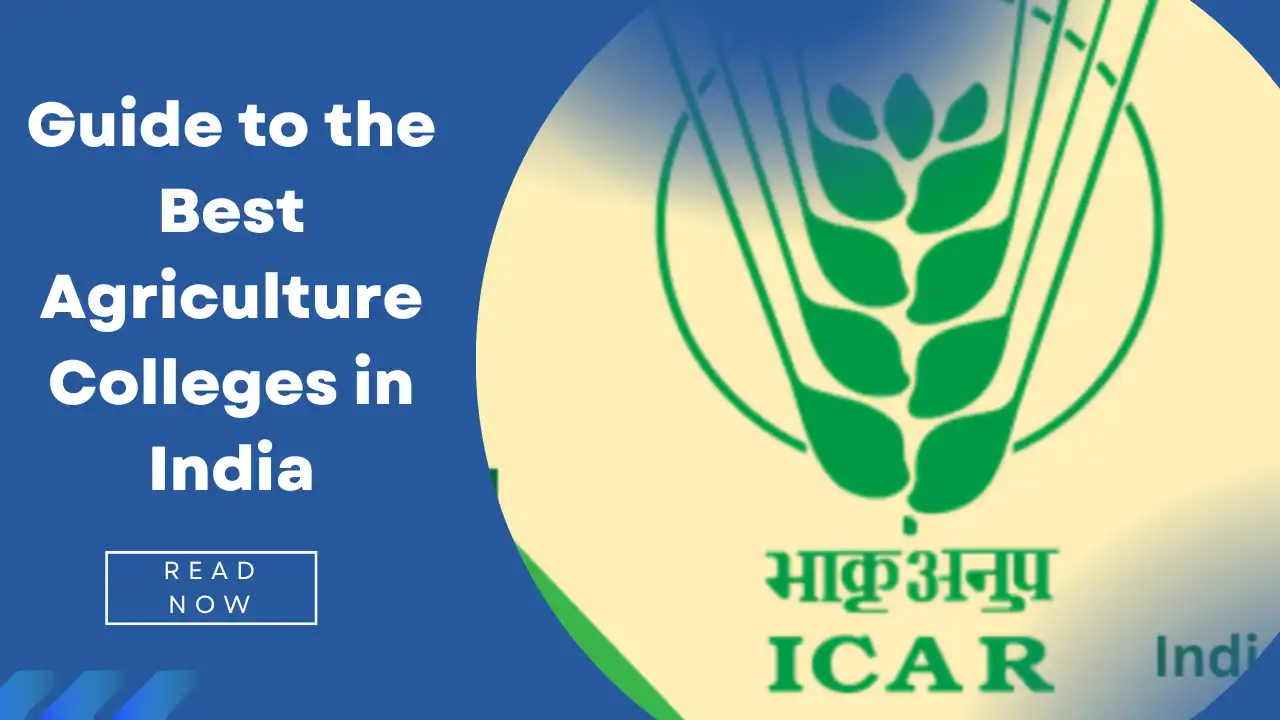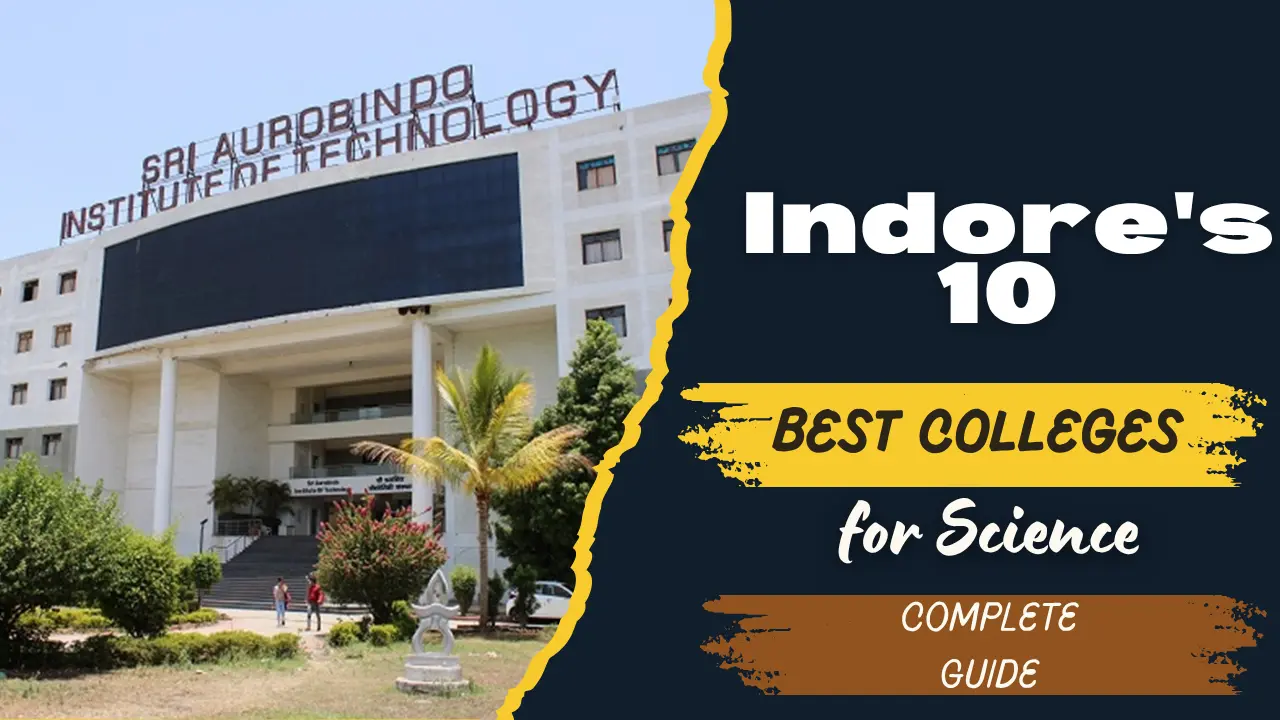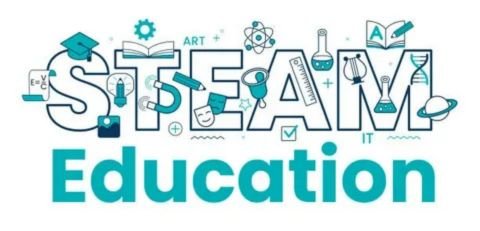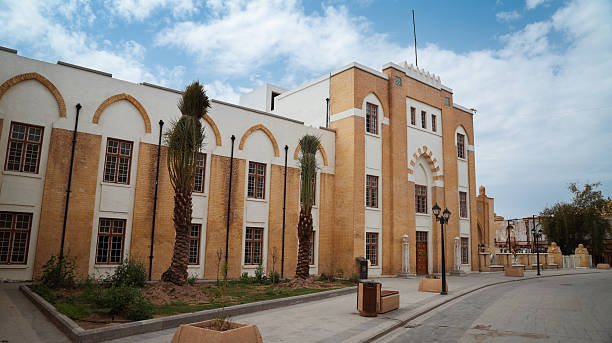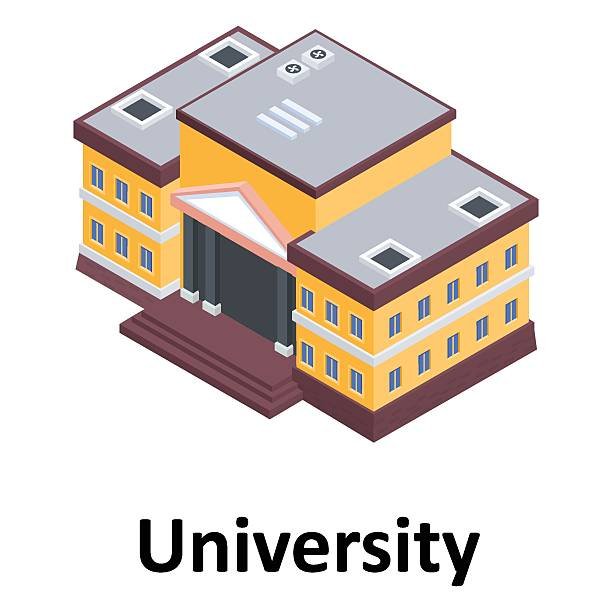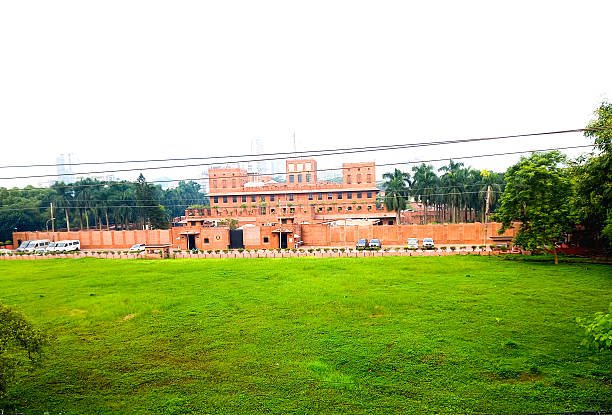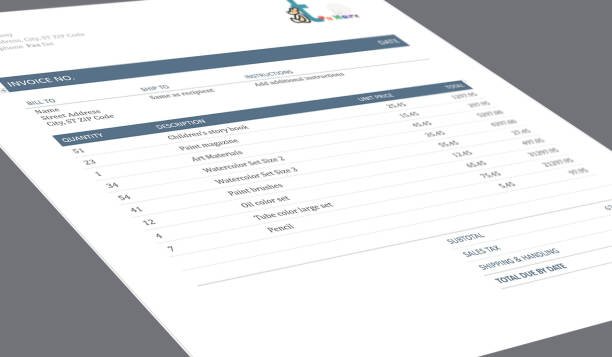Are you aiming for higher education in Jammu and Kashmir for the 2026 academic year? Before you get swayed by glossy prospectuses and impressive-sounding rankings, it’s crucial to look beyond the hype. The reality of higher education in the region is a complex picture of opportunity mixed with significant challenges, including infrastructural gaps, bureaucratic red tape, and uncertain career outcomes.
This guide cuts through the noise to give you a critical, in-depth analysis of J&K’s universities for the 2026 admission cycle. We’ll explore the real quality of courses, the flaws in the ranking systems, the intricate admission process, and what you can genuinely expect in terms of placements and student life. If you value honesty over marketing and a realistic future over empty promises, this is the only guide you’ll need.
A Timeline of Higher Education in J&K: Key Milestones and Real-World Impact
Understanding the recent history of education in Jammu and Kashmir provides context for the current landscape. Key policy changes have shaped the opportunities and challenges that students face today.
| Year | Major Event / Policy Change | Impact and Critique |
|---|---|---|
| 2001 | Emergence of Cluster and new private universities | Expanded educational diversity in the region, but critics point to weak oversight and variable quality control among the new institutions. |
| 2009 | Expansion of course portfolios at IUST and BGSBU | Led to a significant influx of students, but the rapid expansion often prioritized quantity over the quality of education and infrastructure. |
| 2014 | NIT Srinagar gains national prominence | Attracted better funding and national attention. However, this created a new challenge for local students who had to navigate the divide between national and regional academic expectations. |
| 2019 | Abrogation of Article 370 | This monumental shift led to the realignment of admission policies with central government directives, causing significant confusion and uncertainty for students during the transition. |
| 2023-2026 | CUET becomes mandatory for central universities; new rankings published | The introduction of the Common University Entrance Test (CUET) aimed to standardize admissions based on merit. However, it also introduced new stress, access issues for students in remote areas, and a reliance on coaching centers. Simultaneously, while official rankings like NIRF suggest positive trends, ground-level surveys continue to report persistent bottlenecks in job placements, research opportunities, and teaching quality. |
J&K’s Top Universities: A Reality Check for 2026
Official rankings can often paint a misleadingly rosy picture. Here’s a critical look at the major universities in Jammu and Kashmir, blending their official status with on-the-ground realities that will impact the 2026 batch.
University of Jammu : A Premier Institution of Higher Learning
Established in 1969, the University of Jammu is one of the leading universities in the union territory of Jammu and Kashmir, India. Spanning over a sprawling campus of more than 300 acres, it has consistently emerged as a hub of academic excellence, research, and innovation. The university offers a diverse range of undergraduate, postgraduate, and doctoral programs across faculties such as Arts, Science, Commerce, Law, Education, and Social Sciences.
With a focus on holistic development, the University of Jammu emphasizes quality education, modern infrastructure, and a vibrant campus life. The institution has a strong commitment to research, with several departments actively engaged in cutting-edge projects and collaborations at national and international levels. It also promotes skill development, entrepreneurship, and cultural activities, encouraging students to become responsible and skilled professionals.
Over the years, the university has garnered recognition for its contribution to higher education and has produced alumni who excel in various fields, from academics and government services to business and social work. By integrating traditional learning with modern pedagogy, the University of Jammu continues to shape the educational landscape of the region and remains a preferred destination for students seeking quality education in India.
- Courses Offered: It provides a wide array of undergraduate, postgraduate, doctoral, and certificate programs across arts, science, law, management, and social sciences.
- Ranking: In the National Institutional Ranking Framework (NIRF), it typically falls within the top 70-100 universities nationally.
- Reality Check: Despite its ranking, the university’s research output is often focused on basic, rather than innovative, fields.
Critical infrastructure, particularly non-teaching facilities like hostels and administrative blocks, is lagging. Placements are highly uneven, with students from professional courses faring better than those in traditional arts and sciences. The admission process for 2026 will heavily rely on CUET, but applicants should be wary of bureaucratic hurdles, legacy quotas, and paperwork delays that can hamper the experience.
University of Kashmir : A Leading Center for Higher Education
Established in 1948, the University of Kashmir (commonly known as KU) is a premier institution located in Srinagar, Jammu and Kashmir. As one of the oldest universities in the region, it has played a pivotal role in shaping the educational and cultural landscape of Kashmir. The university offers a wide range of programs across disciplines including Arts, Science, Commerce, Law, Social Sciences, Management, and Technology, catering to undergraduate, postgraduate, and doctoral students.
The University of Kashmir is renowned for its focus on research and innovation. Many departments actively engage in cutting-edge projects, national collaborations, and international academic partnerships. The campus, spread across a picturesque location in Hazratbal, provides modern infrastructure, well-equipped laboratories, libraries, and hostels to ensure a conducive learning environment.
In addition to academics, KU promotes extracurricular activities, cultural programs, and skill development initiatives, helping students achieve holistic growth. Over the years, the university has produced a large number of accomplished alumni who have excelled in diverse fields including education, government services, business, and research.
Committed to academic excellence, the University of Kashmir continues to uphold its vision of fostering knowledge, research, and innovation, making it one of the most respected educational institutions in India.
- Courses Offered: Comprehensive UG, PG, and PhD programs are available in science, arts, business, education, and media studies.
- Ranking: It holds a strong official position in the NIRF 60-80 band.
- Reality Check: The university’s academic calendar is susceptible to disruptions from campus unrest and the regional political climate, which can lead to suspended semesters. Research opportunities are often cornered by select faculty, and meaningful industry links are limited. Students frequently report hostel shortages and inconsistent engagement from faculty. For 2026 admissions, the CUET process is mandatory, but be prepared for slow result processing and what can sometimes feel like arbitrary document verification procedures.
NIT Srinagar (National Institute of Technology) : A Premier Engineering Institution in Jammu & Kashmir
Established in 1960 as a Regional Engineering College and later upgraded to National Institute of Technology (NIT) Srinagar, this institute is one of the premier technical universities in India. Located in the scenic city of Srinagar, Jammu & Kashmir, NIT Srinagar is recognized as an Institute of National Importance by the Government of India. It offers undergraduate, postgraduate, and doctoral programs across disciplines such as Civil, Mechanical, Electrical, Electronics, Computer Science, and Architecture.
NIT Srinagar is known for its strong emphasis on academic excellence, research, and innovation. The institute has well-equipped laboratories, modern classrooms, a central library, and advanced research facilities that foster learning and innovation among students. The faculty comprises experienced academicians and industry professionals dedicated to quality education and mentoring.
The institute actively encourages students to participate in technical competitions, entrepreneurship programs, and cultural activities, promoting overall personality development. With collaborations with national and international universities and research organizations, NIT Srinagar provides exposure to global trends in technology and engineering.
Over the years, the institute has produced skilled engineers and researchers who have contributed significantly to industries, academia, and government organizations. Committed to nurturing technical talent, NIT Srinagar continues to uphold its reputation as a center of excellence in engineering education and research in India.
- Courses Offered: Primarily B.Tech, M.Tech, and PhD programs in various engineering and technical disciplines.
- Ranking: NIRF 2025 placed it in the 80-95 band for engineering.
- Reality Check: The institution is praised for providing national exposure. However, it is plagued by outdated laboratory equipment and frequent political disruptions that can affect campus life and academics. A major point of criticism is its relatively weak campus placements and internship opportunities, especially when compared to premier institutions like top-tier IITs or even other NITs. It remains an excellent choice for dedicated engineering students who are self-starters, but those relying solely on the college for a job offer may be disappointed.
SKUAST (Sher-e-Kashmir University of Agricultural Sciences and Technology)
Sher-e-Kashmir University of Agricultural Sciences and Technology (SKUAST) was established in 1982 with the aim of promoting agricultural education, research, and extension services in Jammu and Kashmir. It is a leading institution dedicated to enhancing agricultural productivity, sustainability, and rural development in the region. The university has its main campus at Shalimar, Srinagar, and several regional centers to serve the diverse agro-climatic zones of Jammu and Kashmir.
SKUAST offers a wide range of undergraduate, postgraduate, and doctoral programs in Agriculture, Horticulture, Veterinary Sciences, Animal Husbandry, Fisheries, and allied fields. The university is committed to integrating modern technology with traditional farming practices to address the challenges of food security, climate change, and sustainable agriculture.
The university boasts well-equipped laboratories, research farms, greenhouses, and demonstration centers to provide hands-on learning and practical exposure. It actively engages in research projects, collaboration with national and international institutions, and community outreach programs to empower farmers with the latest agricultural innovations and techniques.
Over the years, SKUAST has produced skilled professionals, researchers, and innovators who have contributed to agriculture, dairy, and allied sectors in India. With its focus on research, education, and rural development, SKUAST continues to be a beacon of agricultural advancement in Jammu and Kashmir.
SKUAST has campuses in both Jammu and Kashmir and is the go-to institution for agricultural studies.
- Courses Offered: Specialized BSc, MSc, and PhD programs in agriculture, horticulture, veterinary sciences, and forestry.
- Ranking: It is a nationally respected institution, ranking among the top 40-60 in the agricultural category. Its emphasis on practical exposure is a significant advantage.
- Reality Check: A chronic lack of funding for modernizing labs is a major drawback. The university has a strong rural bias in placements, with most graduates finding employment in government jobs or returning to farming. Linkages with the private agri-tech sector are minimal, limiting career diversity.
IUST: Promoting Quality Education and Research in Jammu & Kashmir
Islamic University of Science and Technology (IUST), established in 2005, is a state university located in Awantipora, Pulwama district of Jammu & Kashmir. The university aims to provide high-quality education, promote research, and foster innovation in diverse fields of science, technology, humanities, and management. IUST is recognized for blending modern education with value-based learning, encouraging students to grow both academically and ethically.
The university offers a wide range of undergraduate, postgraduate, and doctoral programs in disciplines such as Engineering, Computer Applications, Management, Science, and Humanities. Its curriculum emphasizes research, skill development, and practical training to prepare students for global challenges. The campus features modern classrooms, well-equipped laboratories, libraries, sports facilities, and hostels to create a conducive learning environment.
IUST actively promotes research and innovation through collaborations with national and international institutions. Students are encouraged to participate in technical events, seminars, workshops, and cultural activities, ensuring holistic development. The university also engages in community outreach programs, focusing on regional development and societal impact.
Over the years, IUST has produced skilled professionals and researchers who have excelled in various sectors including technology, academia, and entrepreneurship. With its focus on quality education, research, and innovation, IUST continues to be a leading institution in Jammu & Kashmir.
- Courses Offered: A mix of science, business, humanities, engineering, and mass communication programs.
- Ranking: While not prominent in national NIRF rankings, it has a decent regional reputation.
- Reality Check: The university produces mid-tier research and heavily relies on visiting faculty for many of its courses. Students often face recurring power and internet connectivity issues on campus, which severely impacts learning, especially in a digital-first era.
Cluster University of Jammu & Srinagar: Expanding Higher Education Opportunities
The Cluster Universities of Jammu and Srinagar are innovative educational initiatives by the Government of Jammu & Kashmir aimed at enhancing access to higher education and improving academic quality. Established in the 2010s, these universities were formed by clustering existing colleges and institutions under a single administrative and academic framework. This model enables resource sharing, better governance, and the promotion of interdisciplinary education.
The Cluster University of Jammu integrates several colleges across the region, offering undergraduate, postgraduate, and professional courses in Arts, Science, Commerce, Management, and Technology. Similarly, the Cluster University of Srinagar brings together multiple institutions, providing students with diverse programs and fostering academic collaboration. Both universities emphasize modern teaching methods, research opportunities, and skill development to prepare students for national and global challenges.
These institutions also focus on faculty development, infrastructure enhancement, and industry-academia linkages, ensuring students receive quality education and practical exposure. By promoting innovation, research, and community engagement, the Cluster Universities contribute significantly to regional development.
Over the years, they have increased higher education enrollment, encouraged interdisciplinary learning, and provided platforms for research and cultural activities. The Cluster Universities of Jammu and Srinagar continue to play a crucial role in shaping the educational landscape of Jammu & Kashmir.
- Courses Offered: A cluster of constituent colleges offers programs in science, arts, and commerce.
- Reality Check: The model is fraught with administrative challenges. Students often face confusion over seat allocation, moderate teaching quality that varies widely between colleges, and bureaucracy-fueled delays in everything from admissions to examinations.
BGSBU: A Center of Academic Excellence in Jammu & Kashmir
Baba Ghulam Shah Badshah University (BGSBU), established in 2002, is a state university located in Rajouri, Jammu & Kashmir. Named after the revered Sufi saint Baba Ghulam Shah Badshah, the university aims to provide high-quality education, promote research, and foster innovation in diverse fields. BGSBU has emerged as a hub for learning, skill development, and community engagement in the region.
The university offers a wide range of undergraduate, postgraduate, and doctoral programs across disciplines such as Science, Arts, Commerce, Management, Social Sciences, and Information Technology. It emphasizes research-oriented learning, practical training, and holistic development to prepare students for national and global challenges.
BGSBU’s campus is equipped with modern classrooms, well-equipped laboratories, libraries, and hostels, providing a conducive environment for academic and personal growth. The university actively encourages students to participate in research projects, seminars, workshops, and cultural activities.
Over the years, BGSBU has produced skilled professionals, researchers, and entrepreneurs who have contributed significantly to various sectors including education, industry, and public service. With its focus on quality education, innovation, and regional development, BGSBU continues to be a leading institution shaping the future of higher education in Jammu & Kashmir.
- Courses Offered: Technology, education, management, and bio-sciences are the key focus areas.
- Reality Check: While its course offerings are growing, the university struggles with ragged infrastructure and poor placement outcomes, especially for students from rural backgrounds. Success at BGSBU is largely dependent on a student’s own self-effort and initiative rather than robust institutional support.
The Flaws in Rankings: What NIRF Won’t Tell You About J&K Universities
For 2026 aspirants, it’s vital to understand that rankings can be deceptive. Frameworks like NIRF, QS, and state-level assessments often prioritize metrics that don’t reflect the complete student experience.
- Focus on Metrics, Not Reality: Rankings heavily weigh research papers and census-style data (like student numbers) but often miss the ground realities of poor placements, non-existent entrepreneurship support, outdated curricula, and political constraints that define education in J&K.
- What’s Ignored: Crucial factors like student satisfaction, faculty turnover rates, or genuine industry engagement are almost never part of the calculation. These are the very factors that directly impact your skills and employability.
- What Matters More Than a Rank?: Instead of obsessing over a number, focus on the things that build a career: the quality of internships, the strength of the alumni network, the practical skills you acquire, and the exposure you gain.
The 2026 Admission Gauntlet: What You’re Really Signing Up For
The admission process in J&K is more than just an exam; it’s a test of patience and perseverance. Here’s what to expect for the 2026 cycle.
- CUET is King: Most central and state universities now use CUET for admissions. While this promotes merit, it also creates a divide, as students from rural or poor backgrounds who cannot afford expensive coaching are often at a disadvantage.
- The Quota Conundrum: A complex web of reserved seats for various categories means the number of open merit seats is shrinking. This has led to a growing sense of frustration among general category students who feel they are being left behind.
- Document Nightmares: The bureaucracy is formidable. You will need a mountain of paperwork, including domicile certificates, category certificates, and attestations. This process is often a window for delays and, in some cases, corruption. Start preparing your documents months in advance.
- Counseling & Waitlist Chaos: The counseling process can be opaque. Seats can vanish without explanation, and the later rounds of admissions are often rife with mismanagement or errors in the selection lists. Always have backup applications to other universities.
Career & Placement Reality: Are the Courses Worth It?
Ultimately, the goal of a degree is a successful career. However, universities in J&K often overstate their placement rates and support systems.
- Professional Degrees for the Self-Driven: Courses in engineering, law, business, and agriculture provide the best outcomes, but primarily for students who are proactive in seeking opportunities themselves.
- Arts & Pure Sciences: For graduates in these fields, a good career often means preparing for competitive exams like NET, the civil services (UPSC/JKPSC), or other government recruitment tests.
- Management & Media: Degrees in management, hotel administration, and mass communication can secure decent regional jobs but are unlikely to lead to the high-figure salaries seen in metropolitan hubs.
- A Word of Warning: Internship and entrepreneurship support lag far behind pan-India standards. Do not rely solely on your university’s placement cell. Proactively build your skills with online certifications, seek out internships on your own, and network relentlessly.
Final Advice for 2026 Aspirants: Your Strategy for Success
Navigating the higher education system in Jammu and Kashmir requires a skeptical and proactive mindset.
- Use Rankings as a Reference, Not a Rule: Treat rankings as just one data point. Dig deeper by reading alumni reviews, joining student forums on social media, and seeking out honest opinions.
- Be Meticulous with Admissions: Double-check every document, be aware of every deadline, and always keep backup applications ready to go.
- Prioritize On-Campus Presence: Avoid “instant” or distance degrees from little-known private players. A degree from a university with a real campus, faculty, and peer group holds more value.
- Build Your Own Career Path: Your university alone will not secure you a job. Supplement your degree with online courses, volunteering, and internships. The skills you build outside the classroom are what will set you apart.
- Investigate Personally: If possible, visit the campus. Talk to current students about facilities, teaching quality, and placement support. Don’t trust the prospectus promises blindly.
Conclusion: The Future is in Your Hands
The universities in Jammu & Kashmir are institutions in transition. They are slowly evolving, but systemic challenges like outdated curricula, significant infrastructure gaps, and weak industry partnerships remain a reality. For the 2026 batch, success will not come from simply choosing a “top-ranked” university. It will come from being a discerning, critical, and proactive student who understands the system’s flaws and works strategically to overcome them.
Stay skeptical, take charge of your learning, and demand more from your institution. Your future is far too valuable to be left to chance or empty promises.
Frequently Asked Questions (FAQs) for Top University J&K Admissions 2026
Which are the top-ranked universities in Jammu & Kashmir for 2026?
Based on national rankings and regional reputation, the leading universities include the
University of Jammu , the
University of Kashmir ,
NIT Srinagar for engineering , and
SKUAST for agricultural sciences. However, it’s critical to look beyond these rankings. For instance, while the University of Jammu ranks well, it faces challenges with uneven placements and bureaucracy. Similarly, NIT Srinagar is praised for national exposure but is critiqued for outdated labs and weaker placements compared to top IITs.
Is the CUET exam mandatory for admission to J&K universities in 2026?
Yes, the Common University Entrance Test (CUET) has been made mandatory for admission to all central universities and most state universities in Jammu & Kashmir. While this system is intended to promote merit, prospective students should be aware that it also adds stress and can create access issues for those in rural areas or from economically weaker backgrounds who may not have access to coaching.
How reliable are NIRF and other rankings for J&K universities?
You should use rankings as a starting point, not a final verdict. Rankings like NIRF often focus on metrics like research publications while missing the on-ground realities that affect students directly. Key factors often ignored by rankings include poor placement rates, lack of entrepreneurship support, outdated curricula, student satisfaction, and political constraints. What matters more is the actual skill development, internship quality, and alumni network a university offers.
What is the reality of job placements after graduating from a university in J&K?
The placement and career reality is mixed, and most universities tend to overstate their placement rates.
- Professional Degrees: Students with degrees in engineering, law, business, and agriculture generally have better prospects, but success often depends on their own initiative.
- Arts and Sciences: Graduates from these streams should often prepare for competitive government exams like NET, UPSC, or state PSCs for stable careers.
- Management & Media: These fields offer decent regional job opportunities but are unlikely to lead to the high salaries found in major metropolitan cities.
What are the biggest challenges for students studying in Jammu & Kashmir?
Students in J&K face a unique set of challenges beyond academics. These include:
- Academic Disruptions: Campus unrest and political closures can lead to suspended semesters and an unpredictable academic calendar.
- Infrastructure Gaps: Many institutions suffer from outdated labs , hostel and transport shortages , and recurring power/internet issues.
- Bureaucracy: The admission process is often hampered by bureaucracy, paperwork delays, and a complex quota system, which can be frustrating for applicants.
Is it safe to join a private university in J&K?
You must be extremely cautious with private universities in the region. Many “emerging” universities may lack universal UGC recognition, and their quality can be questionable. Beware of aggressive marketing and misleading advertisements. Before enrolling, it is essential to verify the university’s accreditations (like UGC-DEB/AICTE for distance programs) and research the actual career outcomes of its alumni.
